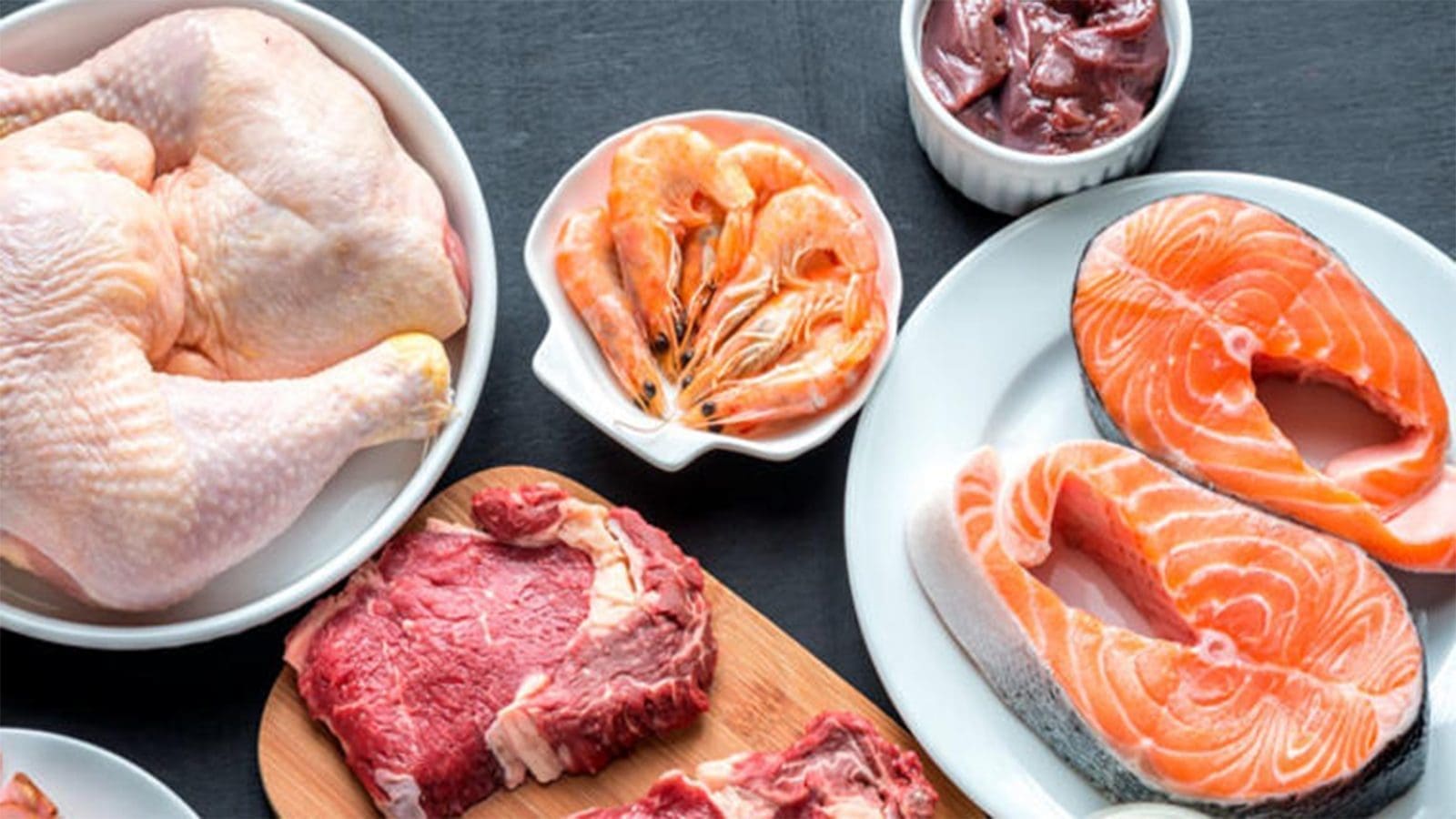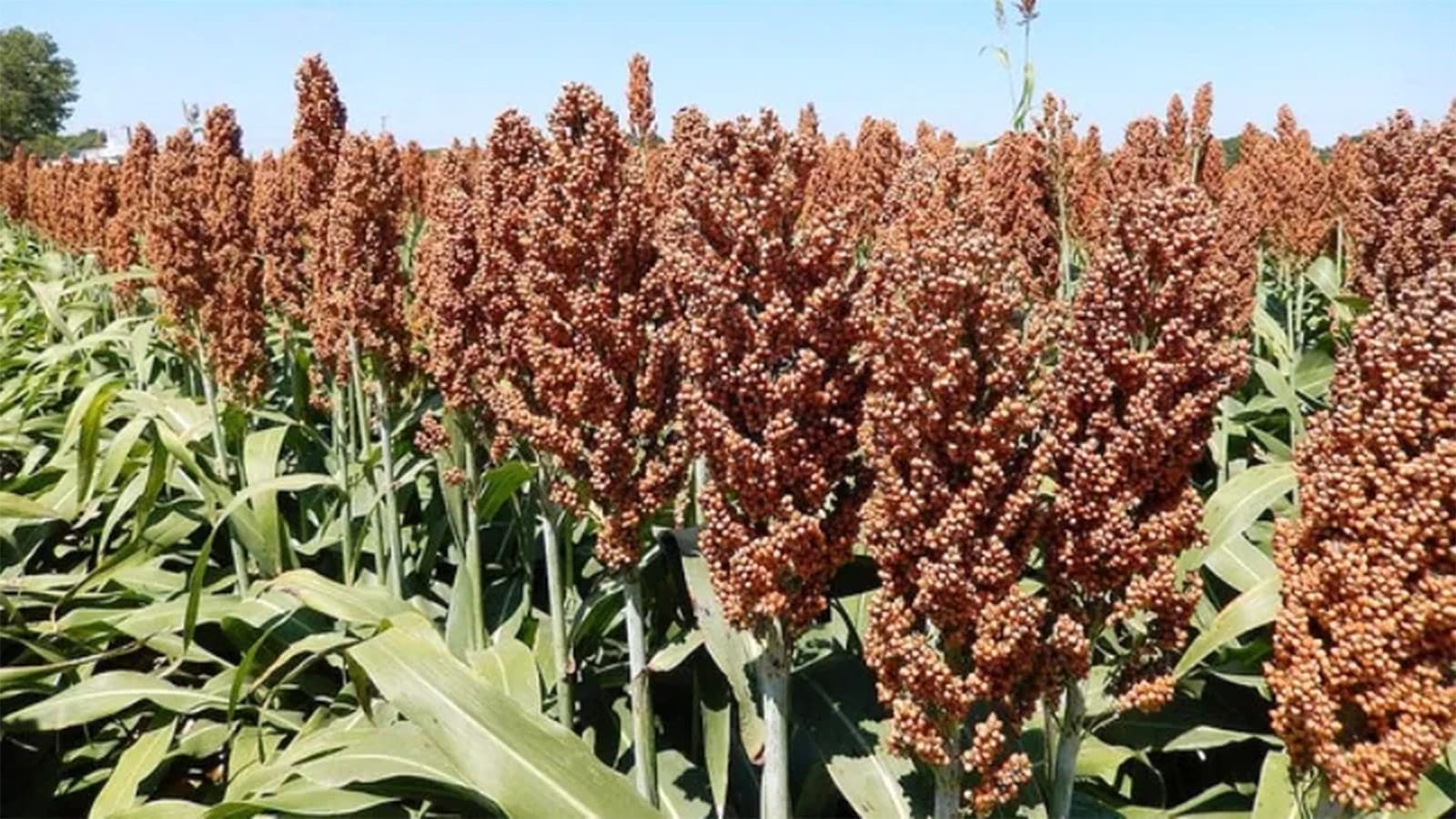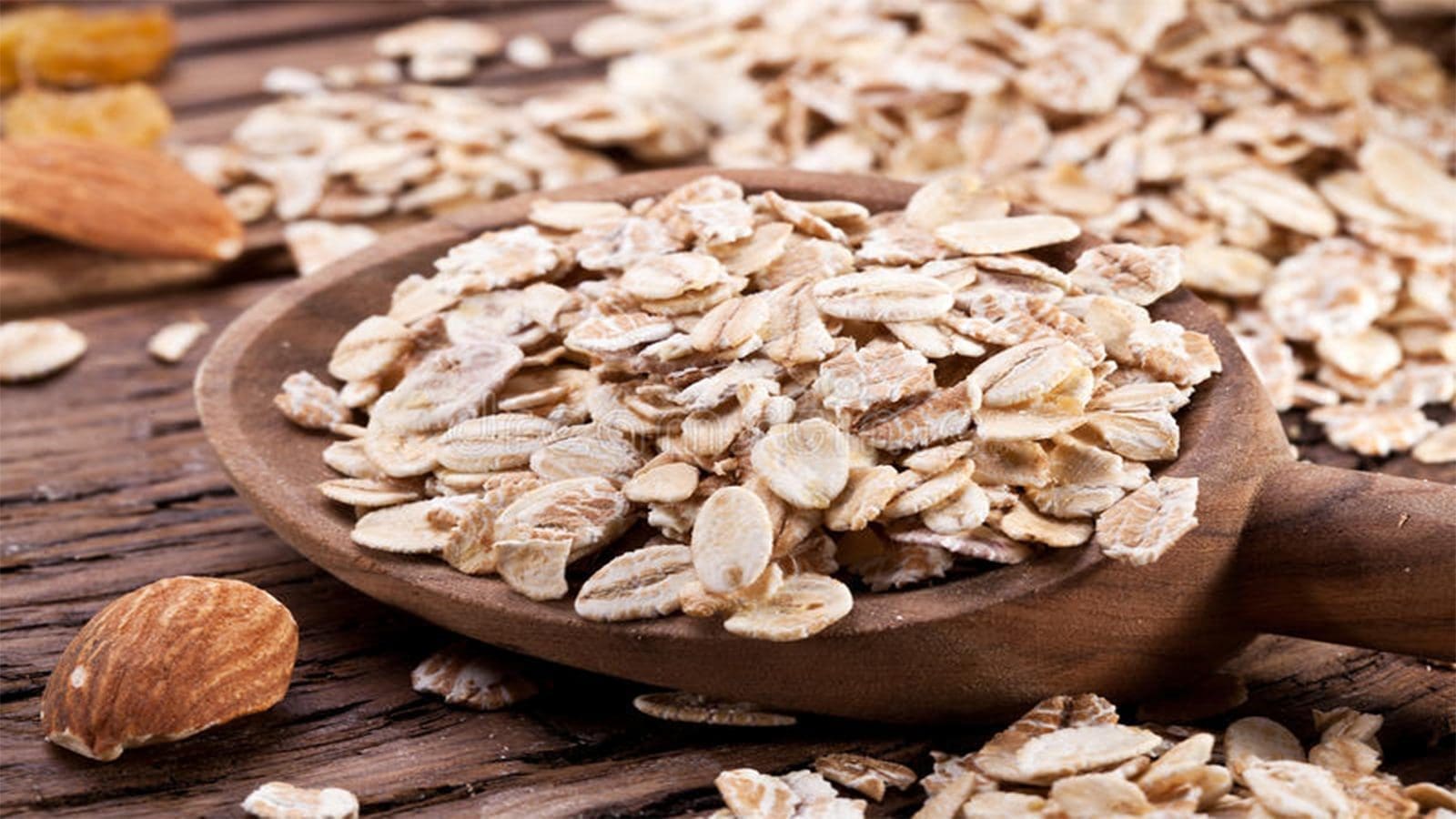KOREA – Scientists from the South Korean Pusan National University have created a color-changing portable sensor that swiftly identifies biogenic amines (BAs) to combat hazardous substances left behind when meals like fish, meat, and cheese decompose.
Little amounts of BAs are used by the human body during procedures like hormone synthesis. However, consuming a lot of BAs from spoiled foods can have detrimental effects on one’s health.
“The rapid and easy monitoring of harmful BAs released from spoiled foods could alert us, prevent consumption of spoiled meat, maintain food quality, and establish further effective food storage and distribution conditions in the logistic chain,” explains Sungbaek Seo, Associate Professor of Biomaterials Science at Pusan National University.
The scientists created a unique color-changing hydrogel material based on polydiacetylene that, when bound to BAs in an alginate solution, enabled the creation of this sensor.
The sensor is comprised of lightweight, portable beads and doesn’t need specialized equipment or trained employees to operate.
“The portable beads could be utilized on sites for monitoring whether the food quality is okay during storage and logistic chain. Further, the beads could be applied in evaluating whether ideal food storage and distribution conditions are well-preserved,” Seo said.
Knowing when food will spoil enables food distributors to prioritize shipments and stop perfectly good food from going bad.
The scientists showed that the newly created sensor beads could identify BAs, such as cadaverine and propylamine, in solution and vapor forms by unique color shifts from blue to red.
Scientists claim that the sensors’ various color tones enable them to effectively monitor the food’s deterioration over time.
Curbing food waste
According to the Intergovernmental Panel on Climate Change, reducing food waste is essential to addressing the climate problem and limiting global warming to below 1.5 degrees Celsius.
The UK Waste and Resources Action Programme said earlier this month that it aims to boost the proportion of fresh, uncut produce sold loose to 30% by the end of 2025 and to 50% by the end of 2030.
In the meantime, this year’s pilot projects for composting and reducing food waste will each receive US$9.5 million from the US Department of Agriculture.
The program’s goal is to aid initiatives that create and test methods for developing and putting into effect municipal composting and food waste reduction plans.
In the previous year, Oli-Tec also developed a smart label technology it claims will help industry and consumers manage waste better by monitoring the shelf-life of products.
Oli-Tec’s smart label technology is temperature and time-sensitive. The label is basically designed to “mirror the cycle of decay” of the labeled product. The 100% recyclable polypropylene label can be affixed to any product with a shelf life of five to 15 days.
Its time window changes from yellow to red when product quality deteriorates over time. Being time sensitive, the diffusion line accelerates when the product is at high temperatures and slows down at low temperatures.
For all the latest food safety news from Africa and the World, subscribe to our NEWSLETTER, follow us on Twitter and LinkedIn, like us on Facebook and subscribe to our YouTube channel.








